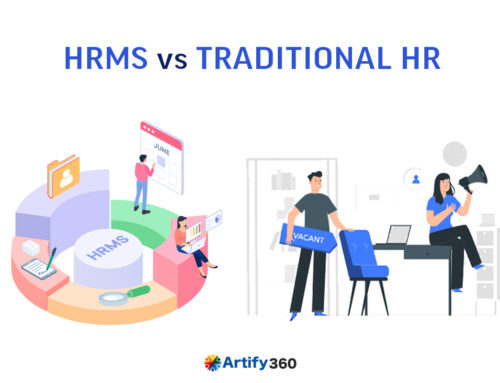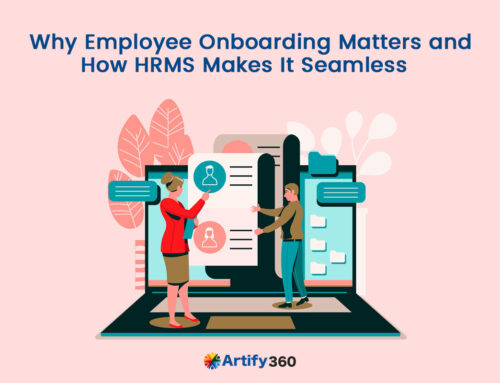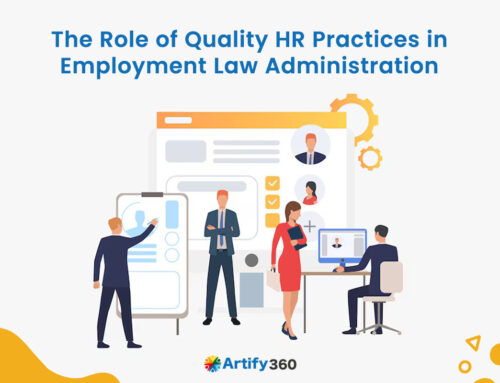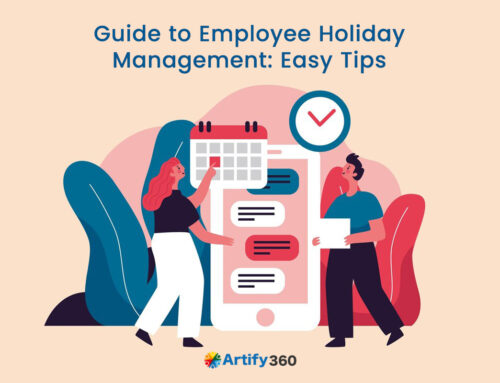Introduction
As an HR professional, you’re likely familiar with the many modules and features that make up an HR system. But are you aware of all the modules and features available to you?
Below are seven must-have HR system modules you should take advantage of in your business. Remember that not every module will be relevant to your organization, so it’s essential to tailor your HR system to meet your specific needs.
Employee Self-Service
The Employee Self-Service module is a great way to keep your team updated on their records. Employees can easily view their personal information and payslips online. This saves time and hassle for both the employee and the HR department.
Employees can also update their contact information, emergency contacts, and tax withholding preferences with Employee Self-Service. This ensures that their records are always up-to-date and accurate. Plus, it eliminates the need to fill out paperwork or submit requests through email or fax.
Applicant Tracking
When it comes to tracking applicants, an ATS is an essential tool. It lets you collect and store all the data related to candidates in one place, so you can easily find what you need when it comes.
An ATS can help you keep tabs on everything from resumes and applications to interviews and hiring decisions. It also makes it easy to generate reports on your hiring progress. This can be incredibly helpful for budgeting and forecasting future hiring needs.
Onboarding
Once you’ve hired your new employees, it’s time to onboard them into your HR system. This is a crucial process that will help them learn the ropes and get up to speed quickly.
There are a few key modules that you’ll want to make sure are included in your onboarding process. The first is an HR policy module. This will give your new employee a basic understanding of your company’s HR policies and procedures.
The following module is an HR processes module. This will show your new employee how to complete everyday HR tasks, such as creating a new employee record or requesting vacation time.
The final two modules are essential for new employees: orientation and training modules. The orientation module will give them an overview of your company’s history, culture, and values. And the training module will provide them with the specific skills and knowledge they need to do their job effectively.
Time and Attendance
A time and attendance module is a must-have if you want to streamline your HR processes and get ahead of the game. This module will automate your time tracking needs, from leave requests to time sheets.
Not only will this save you a ton of time, but it will also help you to avoid human error. This is because all the data will be stored in one central location and automatically updated as changes are made.
Plus, you’ll be able to generate reports on attendance and leave patterns, which can be extremely helpful when making decisions about staffing and budgeting.
Performance Management
You need a performance management module to manage, measure, and improve employee performance. This includes tracking performance goals and objectives, conducting performance reviews, and providing feedback and coaching.
A sound performance management system will help you identify high performers, identify skill gaps, and align employee goals with business objectives. It will also help you create employee development plans and measure training and development programs’ return on investment (ROI).
Benefits Administration
Suppose you’re looking for a module to help you keep track of your employees’ benefits. In that case, benefits administration is a must-have. This module will help you manage everything from health insurance to retirement plans.
With benefits administration, you’ll be able to see which benefits your employees are enrolled in and make changes as needed. You’ll also be able to run reports on your employees’ benefits usage and make sure that everyone is getting the most out of their coverage.
Learning Management
You’ll need a learning management module if you want a fully integrated HR system. This will allow you to create and track employee learning and development programs.
With a learning management module, you can assign training programs, measure employee progress, and ensure that everyone is up-to-date on the latest compliance requirements. You can also use it to onboard new employees and give them the tools they need to be successful in their roles.
Not only will a learning management module save you time and money, but it will also help you create a more engaged and productive workforce.
Final Thoughts
In short, there’s a lot to consider regarding HR software, but these seven modules are an excellent place to start. With the right HR system, you can streamline your processes, improve compliance, and make your team more productive.






